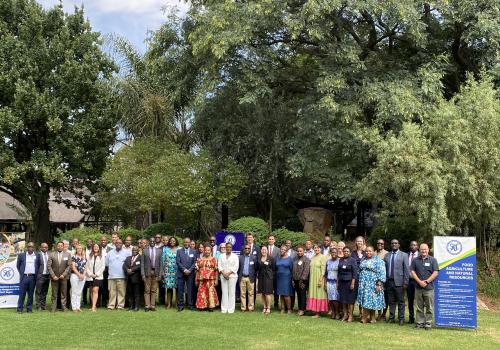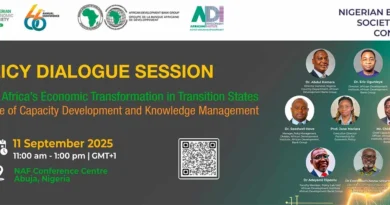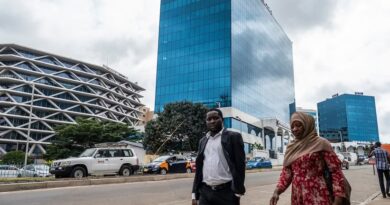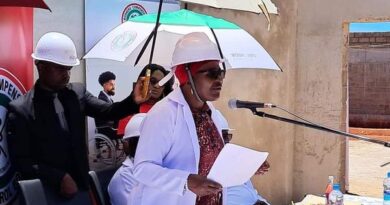SADC Launches Approved Natural Resources and Wildlife Frameworks for Regional Integration
The Southern African Development Community (SADC) made a significant stride towards regional integration with the launch of its approved Natural Resources and Wildlife Frameworks during a landmark workshop held in Johannesburg, South Africa on March 13th, 2024.
The workshop, attended by representatives from SADC Member States and various national and international cooperative partners, marked the official introduction of comprehensive frameworks aimed at fostering sustainable utilization of natural resources and effective wildlife conservation across the region.
Ms. Angele Makombo N’tumba, the SADC Deputy Executive Secretary for Regional Integration, underscored the importance of these frameworks in aligning with the organization’s vision and the key pillars of the Regional Indicative Strategic Development Plan.
Addressing the gathering, she emphasized the significance of high-level policies such as the protocols on Wildlife Conservation and Law Enforcement, which serve as guiding principles for regional cooperation in environmental protection.
The frameworks, approved in June 2023, encompass a range of strategies including the Law Enforcement and Anti-Poaching (LEAP) Strategy, Wildlife Based Economy (WBE) Strategy Framework, Transfrontier Conservation Area (TFCA) Programme, Multilateral Environmental (MEA) Guidelines, and the SADC CITES Engagement Strategy.
These initiatives provide a blueprint for combatting wildlife crime, promoting economic growth through sustainable resource use, and advocating for environmental preservation.
During her address, Ms. N’tumba stressed the paramount importance of collaboration, calling for active engagement from governments, international partners, and non-governmental organizations in implementing these strategies.
She highlighted the workshop as a platform for concrete commitments towards achieving a more sustainable coexistence with the natural environment.
The workshop received support from the German Federal Ministry of Economic Cooperation and Development (BMZ) through GIZ, demonstrating international commitment to the conservation efforts in the SADC region.



